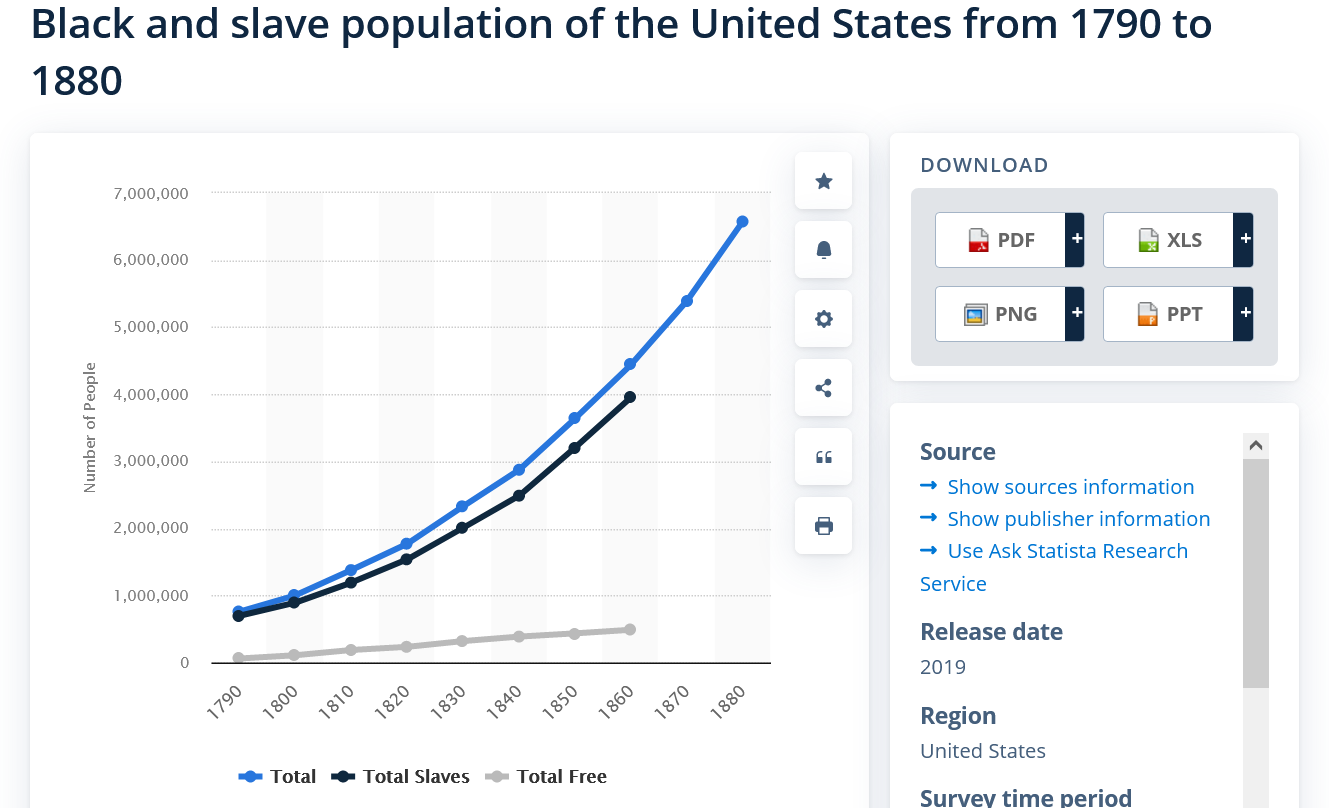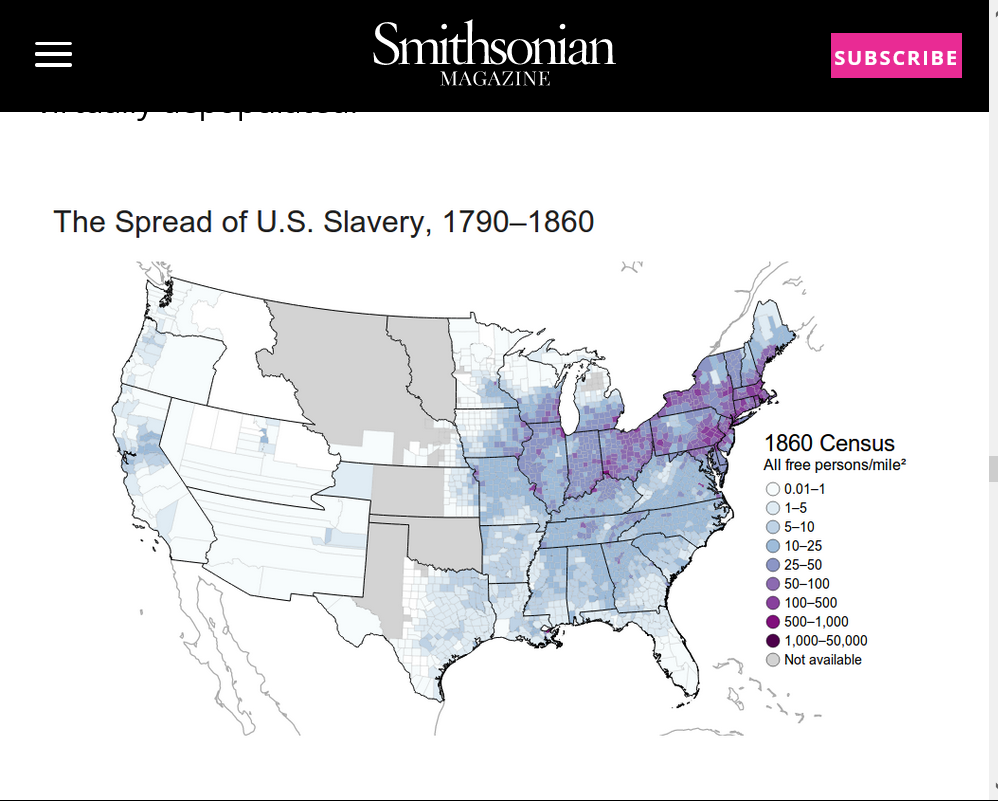

I always listen to NPR during the day because they have wonderful human interest stories and cover the news extremely well, even with a very obvious liberal bias in the political arena.
For me, this is actually an attractive thing. I intentionally watch Fox too. Not for my political fix to hear things I want to hear or find out what I should know but to get perspectives from every faction of people.
Anyway, today they had a story going on that caused me to stay in the car for at least an extra 5 minutes after getting home just before 4pm. It was that good!
It was about #5 below.
Pretty amazing to think about the dynamic of him hijacking a Confederate supply ship and taking it north to freedom with his family and several others.
If caught it meant death with certainty. Then, after he succeeded he applied his talent to accomplish almost impossible things for a black man in that time of US history.
6 Black Heroes of the Civil War
Whether as soldiers, spies, recruiters or medical personnel, African Americans made crucial contributions to the Union cause.
https://www.history.com/news/black-heroes-us-civil-war-tubman-douglass-augusta-smalls-galloway
Robert Smalls: Sailor Turned Senator

Robert Smalls' daring escape from slavery into the hands of the Union Navy put him on a path to become the public face—and prominent recruiter—of Black sailors for the Union. He himself would parlay that into a successful political career.
Raised in slavery in South Carolina, the son of an unknown white man, Smalls gained experience as a rigger and sailor after his owners moved from Beaufort to the larger port city of Charleston, where he married Hannah Jones, an enslaved hotel maid.
When his attempts to buy his wife and family out of slavery failed, he plotted an escape. As the Civil War broke out, he became a deckhand on the Confederate supply ship the Planter and learned how to navigate between ports. Before dawn on May 13, 1862, as white officers and the crew slept, he slipped the Planter out of Charleston Harbor with eight men, five women and three children on board, chugging quietly from slavery toward freedom.
Ready to blow up the ship if caught, Smalls gave the right signals to pass five checkpoints (including Fort Sumter) and, once in open waters, raised a white bed sheet in surrender to the Union Navy blockade. He handed over the craft’s guns and ammunition, as well as documents detailing Confederate shipping routes, departure schedules and mine locations.
The daring escape helped encourage President Lincoln to authorize free Blacks to serve in the military. Congress awarded $1,500 to Smalls, who went on a speaking tour, recruiting Black men to serve. He also conducted 17 missions on the Planter and the ironclad USS Keokuk in and around Charleston.
Once commissioned as a brigadier general in the South Carolina militia, he ran a variety of businesses before launching into politics—as a member of both South Carolina’s House of Representatives and its state Senate. His term in the U.S. House of Representatives from 1874 to 1879 was marred when he was convicted of taking a $5,000 bribe while in the state Senate. Sentenced to three years in prison, he was pardoned before serving any time.
So I wanted to learn more:
https://en.wikipedia.org/wiki/Robert_Smalls
Robert Smalls (April 5, 1839 – February 23, 1915) was an American politician, publisher, businessman, and maritime pilot.
Just a coincidence but I had just posted this information below yesterday so maybe my mind was especially tuned into this great story.
Humans have been around for thousands of years and 160 years ago was really not that long ago. The changes in that relatively short time frame are much greater than the changes going back thousands of years.
160 years ago, 80% of blacks were still slaves!

https://www.smithsonianmag.com/history/maps-reveal-slavery-expanded-across-united-states-180951452/
As the hunger for more farmland stretched west, so too did the demand for enslaved labor
/https://tf-cmsv2-smithsonianmag-media.s3.amazonaws.com/filer/71/42/71424d2d-631d-428c-b54f-0623594831ed/hergesheimer-map.png)
